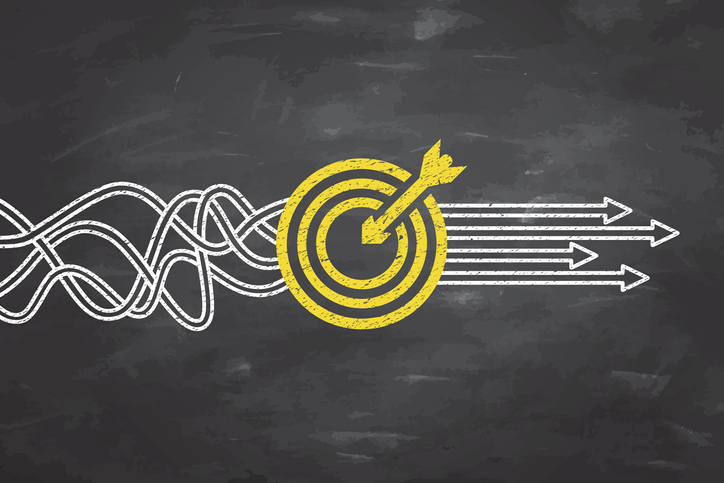I bristle when I hear people equate the phrase “knowledge management” with a database. As a knowledge management professional, I want to tell them that the field employs a diverse range of approaches to foster organizational exchange and learning.
Still, a database is a foundational knowledge management tool that helps teams overcome impediments to exchange and learning. When a database is well-designed and implemented, it empowers an organization to record and recall critical data as soon as it is needed.
In our ever-changing world, access to information—and the ability to analyze it quickly—can make the difference between a successful endeavor and a failure.
A Simple Solution to Improve Service Delivery
Many international development organizations partner with the private sector to drive greater impact in emerging markets. But not all use strong knowledge management solutions to keep track of partner companies, activities, and results across sectors and geographies.
Some development organizations assume that data solutions are expensive and time-consuming, which can be a hard sell when considering other urgent development needs. Others underestimate the importance of knowledge management and assign too few resources to manage it properly. As partnership data accumulates, vital information may be lost, and strong relationships may wane.
Fortunately, a strong knowledge management database needn’t be complex or expensive. For example, Resonance recently worked with USAID’s Bureau for Resilience and Food Security (RFS) to improve their ability to record and access private sector engagement data, using a simple (and free!) Google tool.
Tracking Engagement to Address Food Security
The Bureau for Resilience and Food Security is one of USAID’s largest units. It advances private sector partnerships that align with the Agency’s development goals in emerging markets all over the world.
The Bureau must share and cross-pollinate learnings from these engagements to ensure that its activities are well-informed and effective. Yet, until recently, the team had no system for keeping track of activities beyond long, dense final reports.
Resonance brought in knowledge management support through the Agency’s Promoting Excellence in Private Sector Engagement (PEPSE) initiative to develop a solution. USAID operates in the Google system, so we created a “database” of private sector partnerships using Google Sheets that can be sorted and filtered by equity area, geography, role, and much, much more. The Index can be used to identify and understand engagement criteria, such as Agency-versus-partner contributions, shared value, impact, and lessons learned.
The Potential for Agency-Wide Change
Resonance populated the database for RFS by researching and documenting more than 65 USAID private sector engagements. We then interviewed nearly 30 RFS staff to verify the research and create a robust palette of PSE stories.
The database, known as the PSE Index, was completed and rolled out to select stakeholders within RFS, as well as others who represent the Agency’s extended private sector engagement community across other Bureaus.
The PSE Index now serves as a robust, agile system of record for RFS’s private sector partnerships, but is also accessible across the entire Agency.
Here are some specific examples of how the Index is being used:
- Communications teams quickly find examples of previous engagements to drive support for new initiatives or amplify existing successes.
- Program designers review past projects to ensure that new programs account for lessons learned, context, and local opportunities.
- Strategists at the Mission, Bureau, and Headquarters levels access the necessary data to assess big-picture opportunities and threats to the Agency’s private sector engagement.
- Agency-wide, teams find relevant projects and connect with others in the Agency to gain access to new partners and drive cross-sector collaboration and innovation.
How Databases Drive Knowledge
USAID’s PSE Index helps illustrate how the humble database can be used as a mighty tool for knowledge management. Still, the tool is only as strong as the buy-in and processes that ensure the database is maintained. Fortunately, the Index has received an overwhelmingly positive response across USAID. Teams are beginning to see the Index as a tool for their own uses, from using the lessons learned to support new activity design to reviewing best practices and impact to inform implementation.
By seeking to understand an organization’s knowledge management needs and existing processes, and creating a solution that addresses them, we as knowledge management professionals can set the stage for stronger engagements—and better results.
Resonance works directly with companies, foundations, and the global development community to drive sustainable impact through sound knowledge management; co-creation; inclusive, market-led innovation; and shared-value partnerships.



